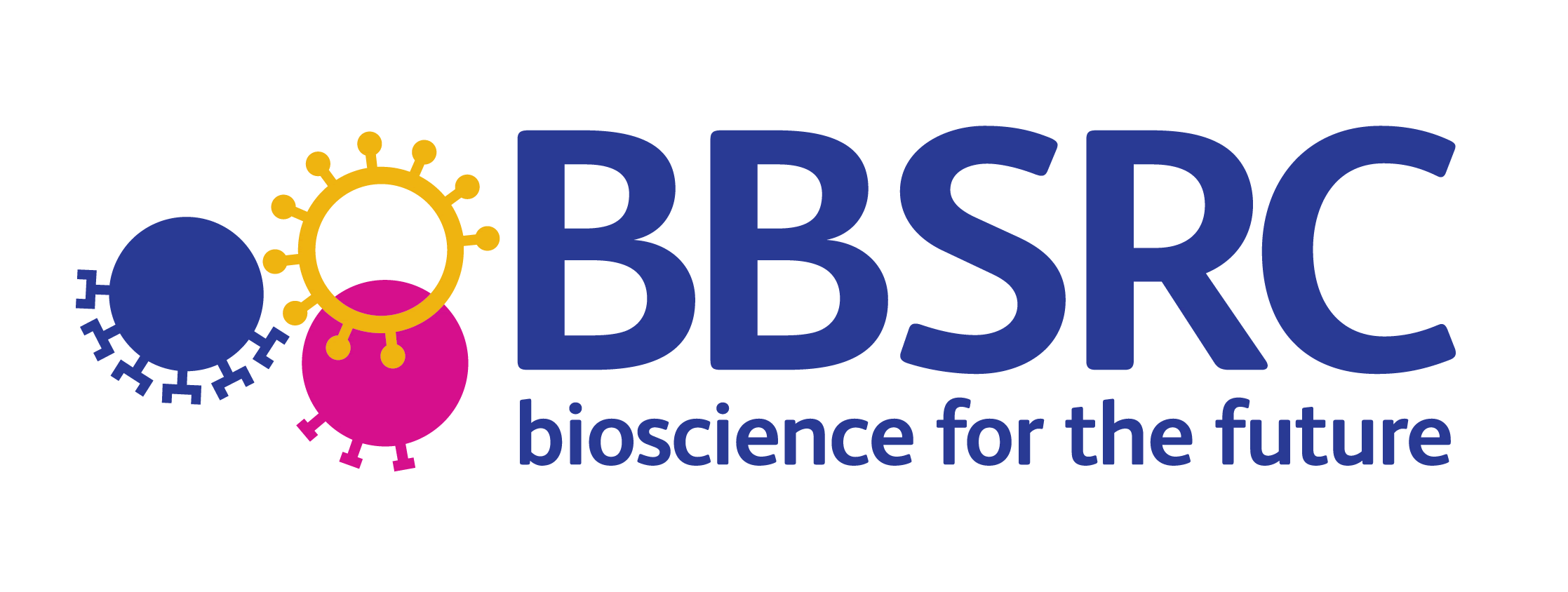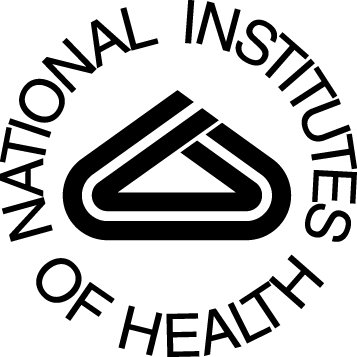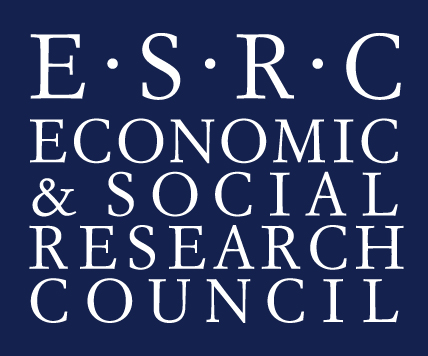Predictive database to determine the toxicological profile of Natural Complex Substances - Plants extracts (NCS TOX)
Background
This project aims to establish the toxicoligical profile of every plant extract based on its composition. The idea is to gather, within the same predictive database, all the knowledge published on molecular groups and the toxicological data collected by the industry, extracts manufacturers and cosmetic companies. Aiming in the long-term to provide a "Predictive database to determine the toxicological profile of Natural Complex Substances - Plants extracts", the project is very important for all stakeholders involved in the manufacture and use of plants and plant extracts, and especially for cosmetic and nutraceutical industries. The innovative feature of this project lies in its creation of a predictive database containing toxicological profiles of NCSs, which are obtained from safety data and information on their constituents.
In the first stage of the project, expected to last for 13 months, the aim is to study 90 molecular groups in botanicals to determine their level of risk regarding genotoxicity, systemic toxicity and sensitization endpoints. The evaluation will be based on existing data, text mining, in silico models and expertise, their level of risk regarding genotoxicity, systemic toxicity and sensitization endpoints. Upon completion of the whole project, the NCS TOX predictive database will enable the update and creation of toxicological profiles of botanical extracts, and will facilitate the delvelopment of safety reports pertaining to finished products.
Work at NaCTeM
As a partner in the project, NaCTeM will take responsibility for text mining the literature (papers from PubMed, EMA, etc.). Our text mining results will assisst toxicologists in toxicity assessment. Specifically, we will detect molecules, molecule groups and toxicological keywords in published papers. We will subsequently predict whether a paper mentions toxic molecules or molecule groups. If so, it will be passed to toxicologists as evidence (in addition to in-silico results) for further verification. A further step will be to identify relations between plants and molecules, and plants' organisms and molecules, in order to identify plant extracts that can be used in producing cosmetics. All of our results will be integrated into the NCS TOX database.
Further details
More information about the project is available here.
Publications
L. Sousselier, A. Roncaglioni, G. Raitano, M. Petoumenou, E. Benfenati, S. Ananiadou, N.T.H. Nguyen, Q. T. Do, E. Olivier, A.Wakx, P. Rat. Are all flavonoids safe for use in Cosmetics? In the proceedings of the 30th IFSCC Congress, 18-21 September 2018.
Sousselier, L., Roncaglioni, A., Raitano, G., Petoumenou, M., Benfenati, E., Ananiadou, S., Nguyen, N. T. H., Do, Q. T., Paya, E., Olivier, E., Wakx, A., Michel, S., Dufat, H. and Rat, P.. (2018). Role of in silico tools and text mining in the risk assessment of selected alkaloids. In: Toxicology Letters, 295(Supplement 1), S159.
G. Raitano, E. Benfenati, S. Ananiadou, N. Nguyen, Q. T. Do, P. Rat, and L. Sousselier. Role of in silico tools and text mining in the safety assessment of selected plant coumarins. Toxicology Letters. Volume 280, Supplement 1, 20 October 2017, Page S96
G. Raitano, E. Benfenati, S. Ananiadou, N. Nguyen, Q. T. Do, P. Rat, and L. Sousselier. Role of in silico tools and text mining in the safety assessment of selected plant coumarins. Poster. EuroTox 2017.
Project Team
Principal Investigator: Prof. Sophia Ananiadou
Researchers: Dr. Nhung Nguyen
Reseach, Technology and Development Partners
The following project partners are also involved in research and development activities: ISTITUTO MARIO NEGRI, GREENPHARMA, University of PARIS-DESCARTES
Funding
UNITIS, The Botanical alliance, ALBAN MULLER INTERNATIONAL, CHANEL, GREENTECH, ID BIO, IES LABO, LETICC, LUCAS MEYER COSMETICS, LVMH RECHERCHE, PIERRE FABRE DERMO-COSMETIQUE, PILEJE, PROVITAL S.A
Featured News
- 1st Workshop on Misinformation Detection in the Era of LLMs - Presentation slides now available
- Prof. Ananiadou appointed Deputy Director of the Christabel Pankhurst Institute
- ELLIS Workshop on Misinformation Detection - Presentation slides now available
- Prof. Sophia Ananiadou accepted as an ELLIS fellow
- BioNLP 2025 and Shared Tasks accepted for co-location at ACL 2025
- Prof. Junichi Tsujii honoured as Person of Cultural Merit in Japan
Other News & Events
- AI for Research: How Can AI Disrupt the Research Process?
- CL4Health @ NAACL 2025 - Extended submission deadline - 04/02/2025
- Invited talk at the 15th Marbach Castle Drug-Drug Interaction Workshop
- Participation in panel at Cyber Greece 2024 Conference, Athens
- Shared Task on Financial Misinformation Detection at FinNLP-FNP-LLMFinLegal








